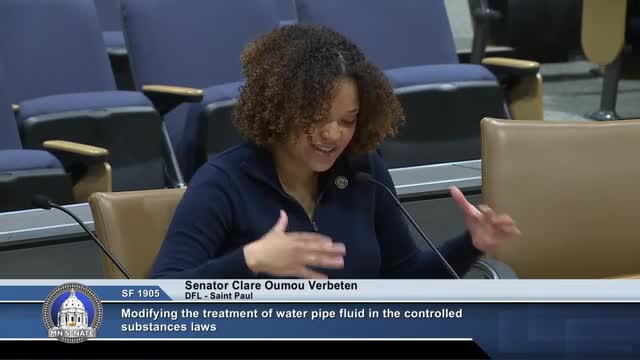Article not found
This article is no longer available. But don't worry—we've gathered other articles that discuss the same topic.
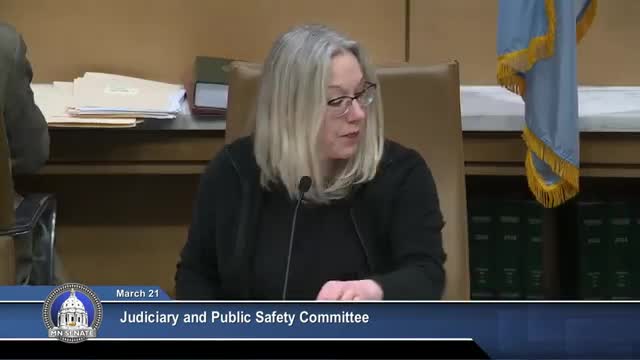
Bill would create civil-commitment coordinating role in attorney general's office; advocates disagree on scope
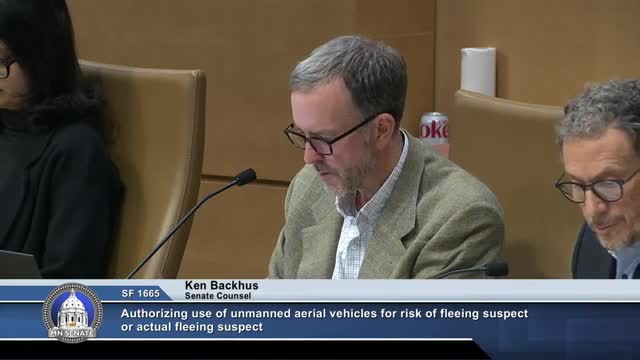
Senate committee considers multiple DWI measures: plate impoundment changes, interlock timelines and expanded eligibility
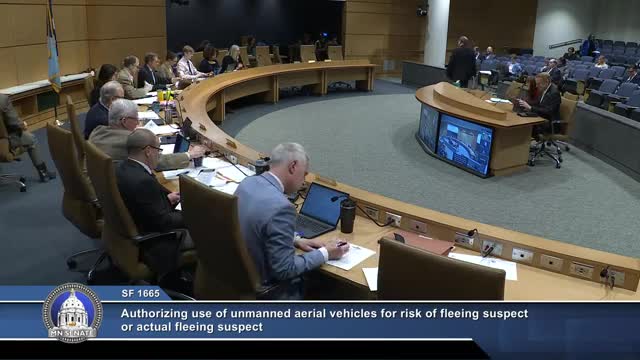
Committee debates narrowing warrant requirement for drone use in pursuits; ACLU raises privacy concerns
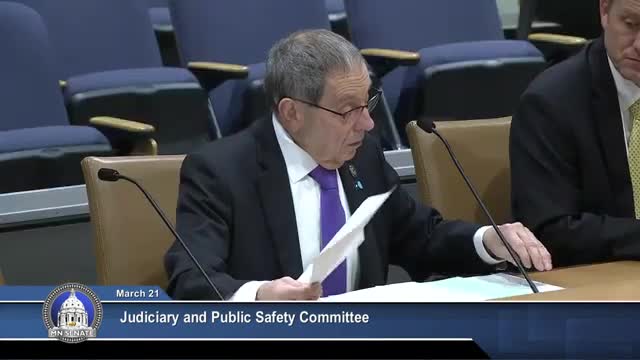
Committee hears bill to narrow public posting of BCA officer-involved shooting video
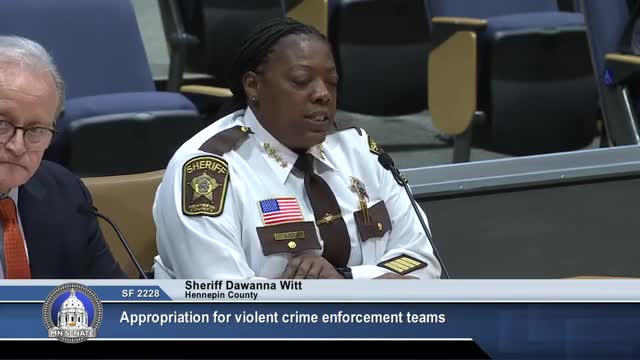
Committee codifies court ruling allowing public enforcement of Official Records Act via Data Practices Act
